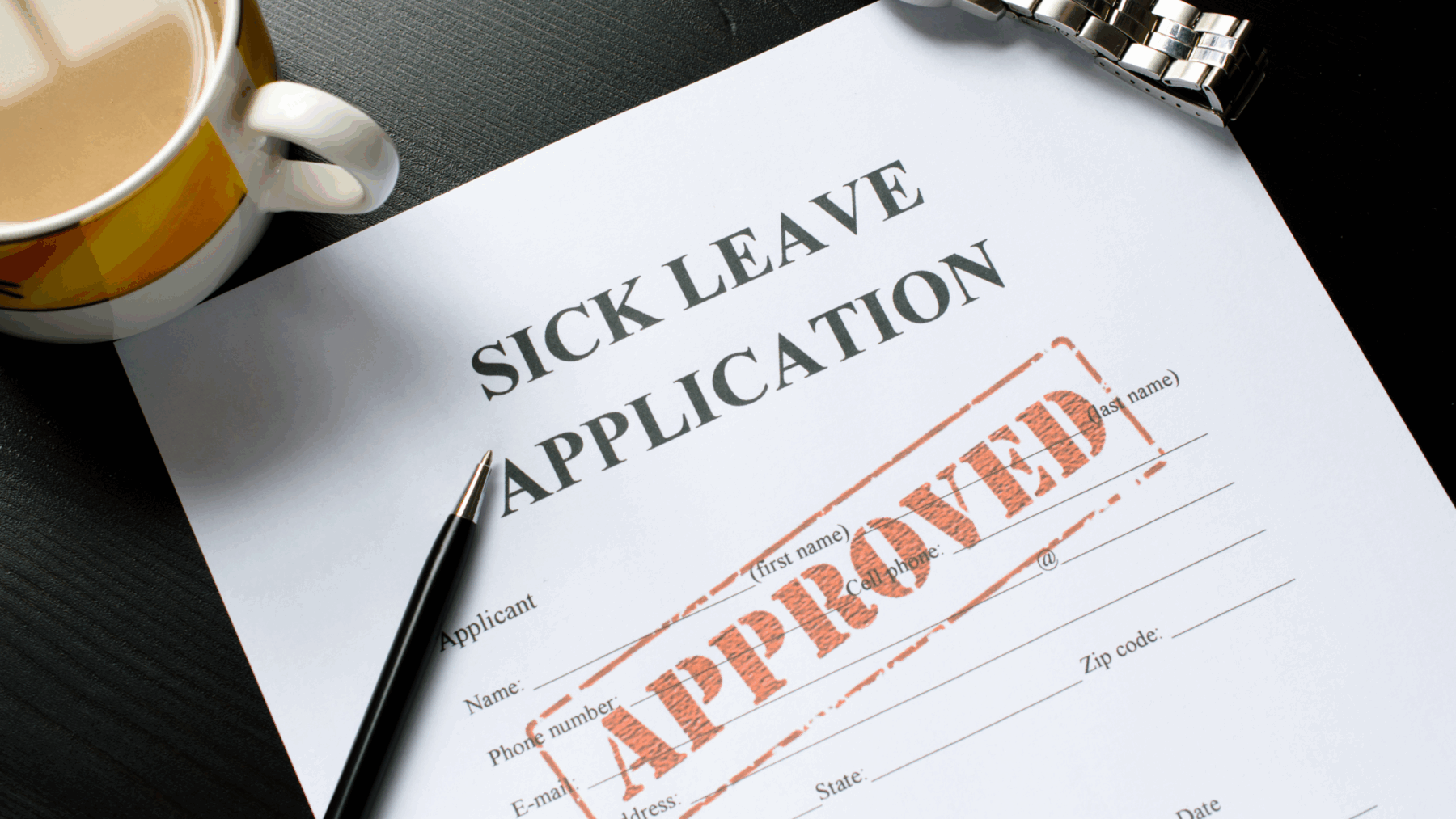Last week, New Zealand made headlines when Parliament unanimously passed the Miscarriage Bereavement Bill, giving mothers
and their partners three days’ bereavement leave after pregnancy ends from miscarriage or stillbirth.
Previously, paid leave was available in New Zealand for a stillbirth (i.e., after 20 weeks’ gestation) – now, it is available for a loss at any time in the pregnancy. Ginny Anderson, the Labour MP who drafted the Bill, was quoted in the New York Times as saying that she didn’t know of anywhere else that had such broad legislation: “We may well be the first country, but all the countries that New Zealand is usually compared to legislate for the 20-week mark.”
Ms. Anderson is right that the Miscarriage Bereavement Bill is ground-breaking—but, for Canadians, the reason why might surprise you (and probably also Ginny Anderson). At first glance, it seems like we are ahead of the curve in Canada. Canadian mothers already have access to paid leave through EI benefits for miscarriage (defined as a loss up to 20 weeks’ gestation), which can run for 15 weeks at 55% of salary, up to $595 per week. And, for a loss after the 20-week mark, EI maternity benefits are available.
But it’s like apples and oranges to compare what is available in the two countries.
In New Zealand, the three-day, fully-paid leave appears easy-to-access and is not intended to take away from sick leave. In Canada, the process is more onerous: the grieving mother must obtain a medical certificate, complete her EI application, and then wait for EI to approve her request.
Once these steps are completed, however, the amount of leave available to Canadian mothers is significantly longer than what New Zealand supports—though at a relatively low rate of compensation.
Also, in British Columbia, the Employment Standards Act (ESA) gives mothers access to a section 50(2) maternity leave of up to 6 weeks “after the termination of the employee’s pregnancy”. This would be available for either a miscarriage or stillbirth, but the leave is unpaid. Its purpose is mostly to ensure that the grieving mother still has a job after her bereavement.
What is unique – and amazing – about the New Zealand law is that it’s universally available to not only grieving mothers, but also their partners, as well as prospective parents via adoption or surrogacy. This is compassionate equality – the law recognizes that the loss from miscarriage or stillbirth is felt by the entire expectant family, and gives them all the chance to mourn.
Could we chart that same path here? Maybe we can do even better.
Three days is a drop in the bucket for grieving families. What if Canada uncoupled miscarriage from being the exclusive experience of mothers and instead gave the whole expectant family access to extended leave? This would recognize family members’ shared emotional loss, like New Zealand’s universal access does, but on a longer time frame.
British Columbia recently made extended unpaid leaves available for the parents of children who disappear or die (in sections 52.3 and 52.4 of the ESA). Maybe Canada could blend the Kiwi, Canadian and BC approaches and provide grieving expectant parents three paid days leave, followed by access to protected (but unpaid) extended leaves like those under the ESA. There would still be a divide between those who can afford unpaid leave and those who can’t, but it would nonetheless be a great leap forward to mark the loss of a pregnancy as a parental issue, not just a maternal one—to include the partners, parents by surrogacy, and parents by adoption, alike.


